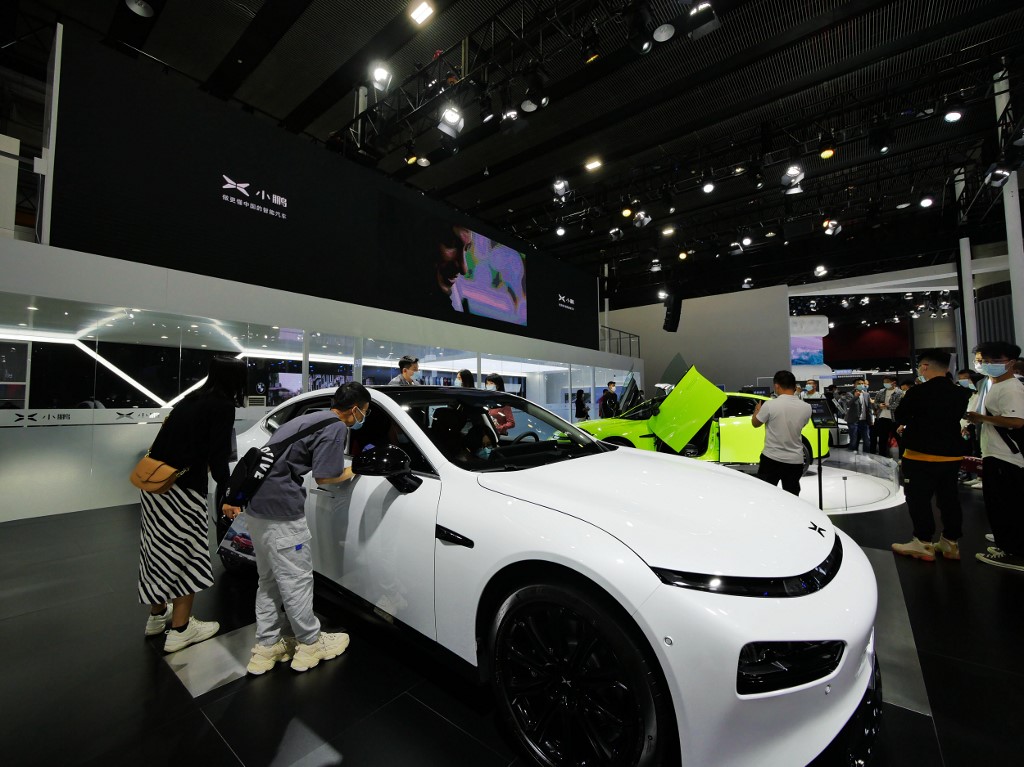(ATF) Chinese leaders have backed plans for their auto industry to target foreign markets more – but there are trade and logistical hurdles to overcome first.
In recent years, China’s key auto companies have accelerated their global reach with product, capital and technology link-ups, and they have employed various strategies to seek new breakthroughs in multiple overseas markets too.
During the NPC and CPPCC this year, the plan to “go overseas” was supported by representatives and committee members of the automobile industry.
Read more: Rivals teaming up for dig at China’s rare earths dominance
Li Shufu, a representative of the National People’s Congress and chairman of Geely Holding Group, emphasised the importance of cross-border logistics for vehicles going overseas.
He said that current railway transportation standards are based on the market environment of decades ago. The strict prohibition on the transportation of lithium batteries, for example, has hugely increased the transportation costs for new energy vehicles.
The China-Europe Express train link has opened up a new route for its auto companies and Li Shufu suggested that, considering market and corporate needs, a special line for new energy vehicle transportation should be opened to help them “go global”.
The Chinese state has already acted to enhance the capacity of its international logistics companies and boost the international competitiveness of its logistics industry. It coordinates large state-owned shipping companies, stabilises freight rates and supports Chinese foreign trade companies in “going out”.
PRODUCTION LINE
In 2020, Chinese auto companies made considerable progress in overseas markets. One example is the China National Machinery Import and Export Co, Anhui Jianghuai Automobile and a local company in Kazakhstan jointly establishing an automobile assembly production line.
Also last year, Great Wall Russia’s Tula plant and the Russian Federation’s Ministry of Industry and Trade signed a special investment contract in Russia, with an estimated investment of 42.4 billion rubles – approximately 3.7 billion yuan – to build core components.
Car manufacturing plants, including building engines, transmissions, electronic control modules and vehicle control systems are planned under the deal.
In December, Dongfeng Xiaokang announced the launch of the seven-seat mid-size SUV Glory580 in Malaysia. The model will be produced by the company’s plant in Indonesia, built in 2017.
AUTO FINANCE
But Sun Xiaohong, Secretary-General of the Automobile Branch of the China Chamber of Commerce for Import and Export of Machinery and Electronic Products, said that Chinese auto companies still need assistance, especially with auto finance.
He said: “European, American, Japanese and Korean auto companies have their own professional auto finance companies and auto banks to provide end-customers with competitive auto finance solutions.”
China’s auto standards also need to be promoted when going global, according to industry leaders. With the development of automobile exports, calls for lowering the cost of corporate compliance are increasing.
Some Middle East and African countries (Saudi Arabia, Iran, Iraq, Kenya, etc.) require that cars or auto parts products be inspected before export, and the inspection company authorised by the customer can issue a certificate before importing vehicles.
SPOT CHECKS
The third-party inspections are basically quality spot checks and visual inspections and have no practical significance.
“This approach reduces export efficiency on the one hand, and increases export costs on the other. It brings time and expense pressure to enterprises,” Sun Xiaohong said.
On top of all this, the continuous introduction of foreign technical trade measures has also brought difficulties for exporters of Chinese auto products. Sun Xiaohong suggested establishing a joint response work mechanism between government authorities, industry organisations and enterprises.
Sun Xiaohong suggested that in shipping and other fields, China should jointly build a cross-regional and even global flexible supply chain. In response to the market’s hidden concerns about rising costs, Sun said: “We will make arrangements in advance and deal with it through policy adjustments, tax reductions and exemptions, and implementation of subsidies.”
























